Music
Trailers
DailyVideos
India
Pakistan
Afghanistan
Bangladesh
Srilanka
Nepal
Thailand
Iraq
Iran
Russia
Brazil
StockMarket
Business
CryptoCurrency
Technology
Startup
Trending Videos
Coupons
Football
Search
Download App in Playstore
Download App
Best Collections
Technology
Swiggy is cutting about 1,000 jobs, most from its cloud kitchen division, as Indiatop food delivery startup scales back some of its businesses in response to the coronavirus pandemic that has drastically affected millions of firms.
In a statement, the Bangalore-based startup said it was &evaluating various means to stay nimble and focus on growth and profitability across our kitchens.&
&This will, unfortunately, have an impact on a certain number of kitchen staff who will be fully supported during this transition,& said the startup, which, according to an analysis on LinkedIn, employs about 12,000 people.
Swiggy did not reveal the number of people it was letting go, but a source familiar with the matter told TechCrunch that about 1,000 jobs were being cut. Indian news outlet Entrackr first reported the layoffs.
As the firm cuts its headcount, it is also looking to reduce its monthly burn rate to about $5 million, down from about $20 million it spends in winning customers currently, the source said, requesting anonymity as some of these matters remain private.
Swiggy — which has raised $1.42 billion to date, including$156 million as part of an ongoing Series I roundthis year — competes with Ant Financial-backed Zomato, which is also in talks to raise about $500 million by mid-May, Deepinder Goyal, the co-founder and chief executive of the Gurgaon-based startup, told TechCrunch last week.
Both the startups spend nearly the same amount of money in discounts and other incentives to sustain their customers and win new patrons. Indiafood delivery market, valued at $4 billion (by research firm RedSeer), has become a duopoly as FoodPanda, owned by Ola, made a major strategic shift in recent years and Uber sold its Indian Uber Eats business to Zomato.
Swiggy and Zomato have, however, struggled to cut costs in fear that they might lose customers. And those fears are well founded.
Anand Lunia, a VC at India Quotient, said that the food delivery firms have little choice but to keep subsidizing the cost of food items on their platform, as otherwise most of their customers can&t afford them.
The lockdown that New Delhi ordered last month has created new challenges for both Swiggy and Zomato. Both the startups are now seeing fewer than a million orders placed on their platforms, down from nearly 3 million they were handling before the outbreak.
In the last year, both the startups have attempted to expand into new categories in search of additional revenue sources. Swiggy has expanded and doubled down on cloud kitchens, which allows its restaurant partners to launch in more locations with not as much investment.
Late last year, Swiggy executives said they had established 1,000 cloud kitchens for itsrestaurant partners in the country — more than any of its local rivals. The startup said it had invested in more than a million square feet of real estate space across 14 cities in the country in the last two years.
In the wake of pandemic, both Swiggy and Zomato have also started delivering grocery items to customers.
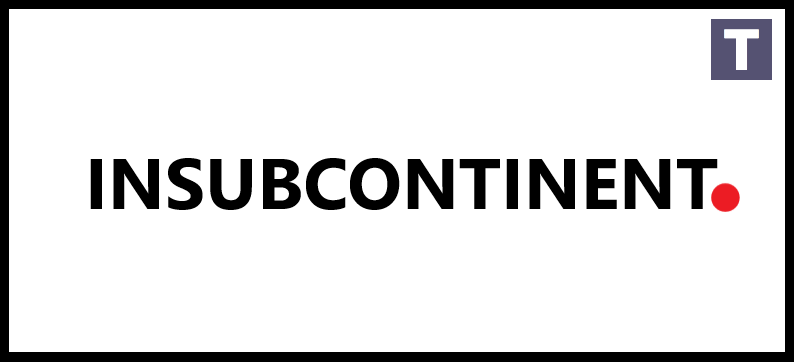
- Details
- Category: Technology Today
Read more: Indian food delivery startup Swiggy is cutting about 1,000 jobs
Write comment (95 Comments)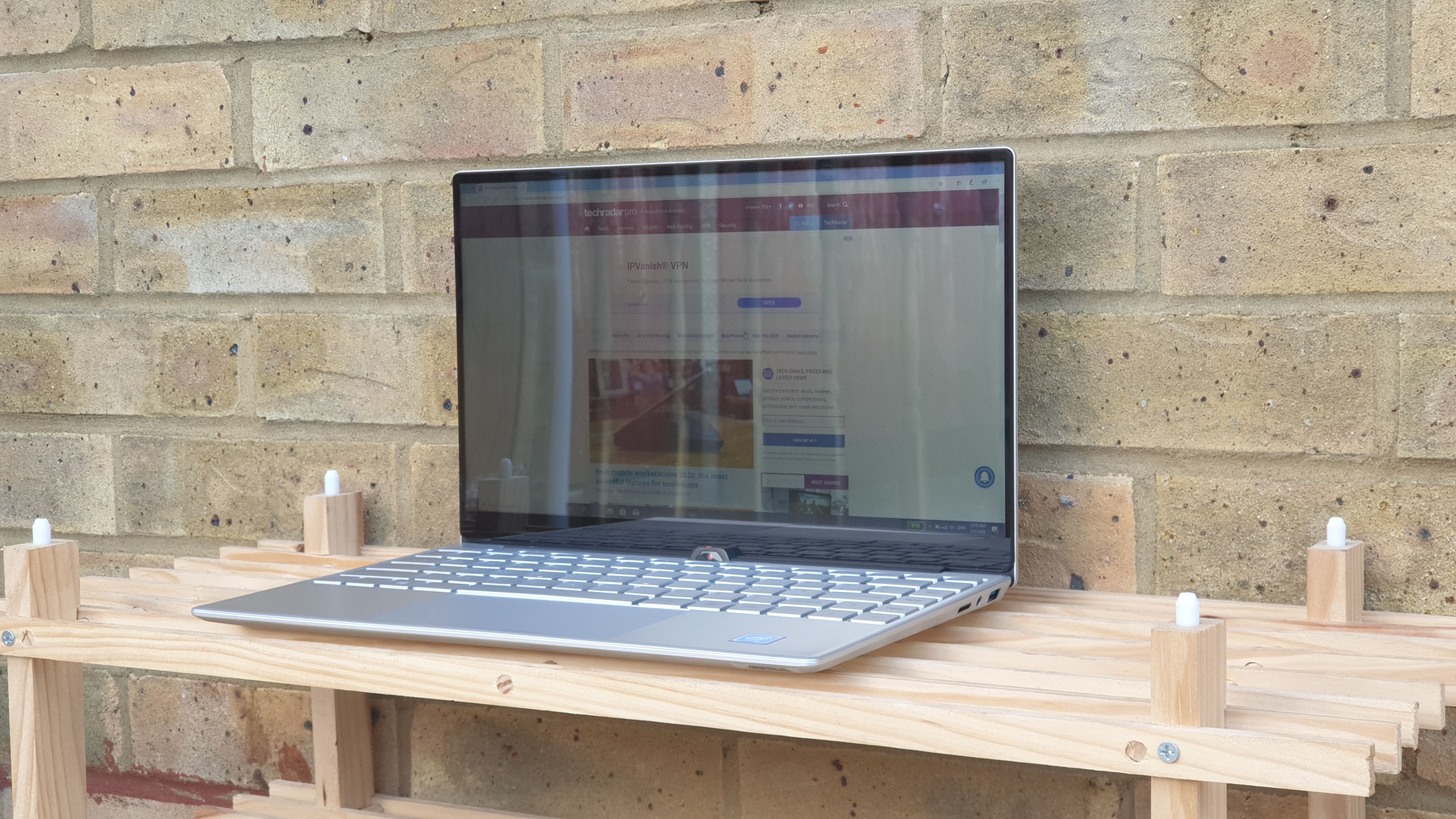

We reviewed the Lhmzniy A9 not so long ago, and it remains one of the most promising laptops from China we’ve encountered in 2020. It comes with Windows 10 Pro, 16GB of RAM in dual channel, a webcam cover and a tiny charger - not to mention a premium finish that doesn't seem to match its affordable price tag.
Fast forward to April and a slightly
- Details
- Category: Technology Today
Read more: Below's the most affordable Core i5 laptop computer now
Write comment (94 Comments)For the past month, VC investment pace seems to have slacked off in the U.S., but deal activities in China are picking up following a slowdown prompted by the COVID-19 outbreak.
According to PitchBook, &Chinese firms recorded 66 venture capital deals for the week ended March 28, the most of any week in 2020 and just below figures from the same time last year,& (although 2019 was a slow year). There is a natural lag between when deals are made and when they are announced, but still, there are some interesting trends that I couldn&t help noticing.
While many U.S.-based VCs haven&t had a chance to focus on new deals, recent investment trends coming out of China may indicate which shifts might persist after the crisis and what it could mean for the U.S. investor community.
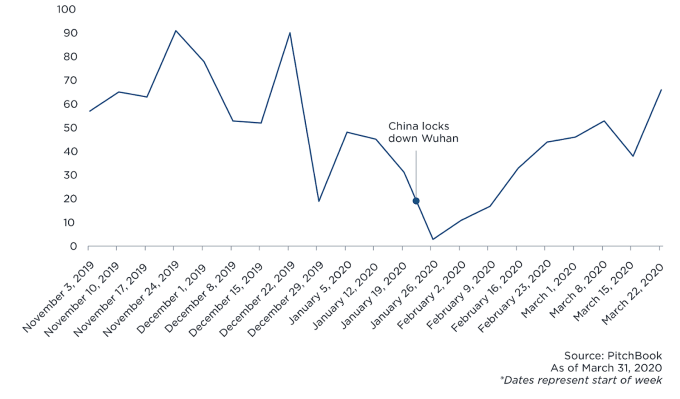
Image Credits: PitchBook
- Details
- Category: Technology Today
Read more: Will China's coronavirus-related patterns form the future for American VCs
Write comment (90 Comments)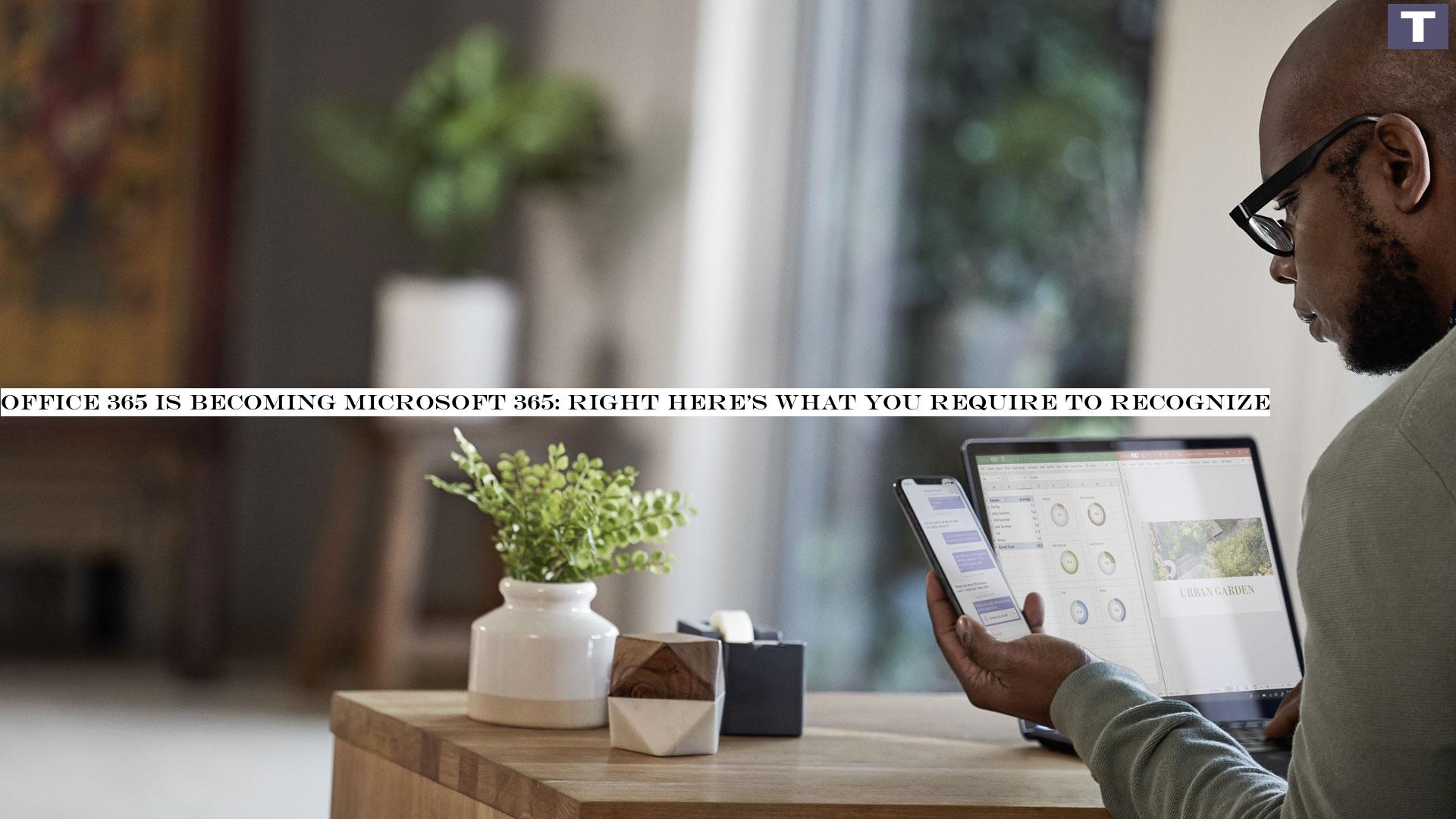
From today, Wednesday, April 22, Office 365 is set to become Microsoft 365. While this transformation is more than just a name change, you can rest assured that all of your favourite features and applications are still there, and they’re all called the same things; the switch to Microsoft 365 is about augmenting and improving those products you d
- Details
- Category: Technology Today
Read more: Office 365 is becoming Microsoft 365: right here's what you require to recognize
Write comment (92 Comments)There is no shortage of coverage about the sprawling entertainment industry. There is a shortage of coverage for die-hard fans of reality TV shows, according to Kate Ward and Lindsay Mannering.
That opening in the market is why the two — former colleagues at the womenwebsite Bustle, where Ward was the founding editor-in-chief and Mannering ultimately became the SVP of editorial strategy at Bustleparent company — decided to take the plunge In January and start their own company.
Called The Dipp, the nascent, Brooklyn-based media company describes itself as a &personalized subscription website for TVbiggest fans,& and the idea, says Ward, is to zero in on the &niche fandoms that are being created every day — especially now [that everyone is at home and online]. We want to focus on certain franchises that are underserved, then scale.&
They say they know what it takes. Both joined Bustle back in 2013 when it was itself a fledgling startup, and both say they helped grow the company on a variety of fronts, from writing, to organizing the site, to helping with PR and sales, to immersing themselves in its scaling strategy.
It was so exhilarating, says Ward, that when the company ballooned to 80 million unique monthly visitors across all its publications, the two found themselves missing those early days.
They also seemingly decided what from that experience they did not want to replicate, including to build a property thatsolely reliant on sponsored content and other advertising. (Like many other ad-driven media properties to grow quickly in recent years, Bustle has also been ratcheting back on staff dating back to last summer, with its most recent round of layoffs announced early this month.)
Of course, building a media property in the midst of a pandemic would seem to come with its own challenges. The Dipp was fortunate on the funding front; it just locked down $2.3 million in seed funding led by Defy Partners, helped by Wardprevious relationship with Defy co-founder Neil Sequeira, who was formerly a managing director with General Catalyst and who sat on the board of Bustle in that role.
On the other hand, its founders — who live several miles apart — can&t work together right now owing to the coronavirus.
Ita big change from the early days of Bustle when &we sat shoulder to shoulder together on a sofa,& acknowledges Ward, adding that the hardest part so far has been having to celebrate early milestones remotely. &Normally, something good happens and you go out to dinner or have a drink. Right now, itmore like, ‘We got a term sheet, yay!& over Gchat.& (Mannering sent Ward a bottle of champagne and Jell-O shots over the weekend, but it &doesn&t feel the same,& Ward says with a laugh.)
Luckily for both, hiring might not prove the same challenge as it might to other founders who are just getting a company off the ground, given that many journalists already work remotely. They also suggest they have an extensive network of people to tap given their own media backgrounds.
In fact, they insist that there are upsides to launching a new endeavor in these suddenly strange days.
Mannering notes, for example, that the two have more time to focus on what they are building, whereas before New York shut down, they were budgeting a lot of time for traveling and pitching — and spending a fair amount of each day on the subway.
Ward thinks the founders and VCs with whom they&ve talked have also been more earnest than they might have been six months ago, before the coronavirus struck the U.S. &Therethis sense that we&re all in this together now,& she says. &In the past, whereas there was a lot of puffing of chests and you might walk away thinking, ‘I hope I&ll be as good a founder as this person someday,& everyone is sort of leveling with each other, including about what pitfalls to look for.Just trying to get through [this pandemic] kind of grounds every conversation, so you&re really getting to know people in that first meeting.&
As for next steps, stay tuned, say the co-founders. The idea is to launch their content this fall, with a snazzy user interface, an accompanying weekly newsletter and, later, podcasts. The Dipp also plans to focus heavily on community, says Ward. Comments will be their first area of focus, but subscribers can also expect online discussions and ask-me-anything-style forums with individuals from the franchises that The Dipp readers want to know more about, she says.
Users will be able to sign up for a free trial to start; after that, says Ward, they&ll be charged a monthly fee for an all-access pass, including, most importantly, to a home page thatcustomized so members can see &only what you care about rather than rifling through shows and topics that don&t interest you in the least.&
Indeed, the secret sauce behind The Dipp will really be data, culled in part from social media, that informs which franchises and characters the outlet zooms into for its readers. As Ward notes, Bustle was early to recognize that what tastemakers like matters far less than whatplaying well with consumers.
As a result, Bustle knows what many women — including millennial moms — are searching to learn in much the same way that Netflix knows what its viewers prefer to watch.
Ita long way from here to there, but if The Dippplans work out, it will be an entertainment brand that knows better than most what its audience wants to read, too.
- Details
- Category: Technology Today
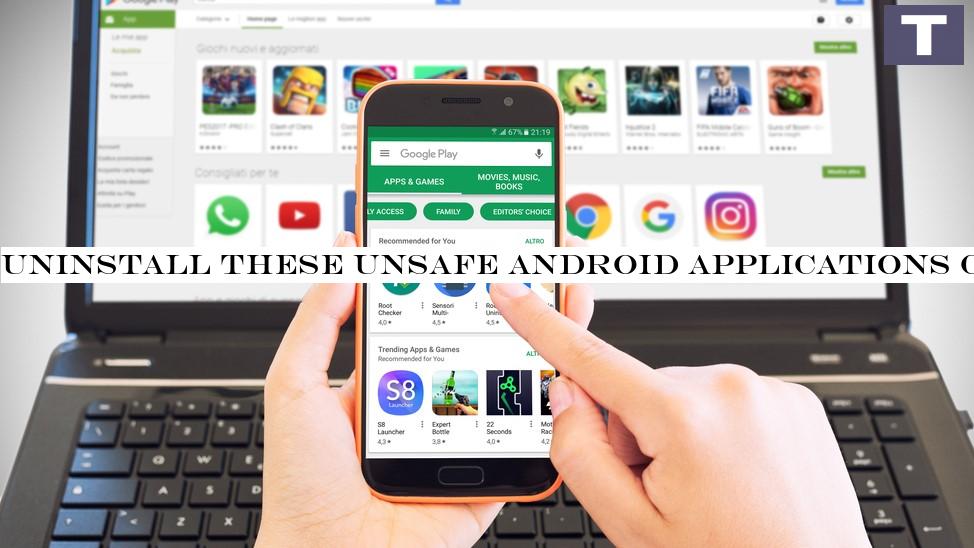

The latest investigation from CyberNews has uncovered a secret network of 27 app developers who have created 103 apps with over 69m installs which share many of the same characteristics and often times even the same code.
The developers behind these apps are copying each others' apps, moving apps between developers, outright stealing apps from
- Details
- Category: Technology Today
Page 913 of 1437

 19
19





